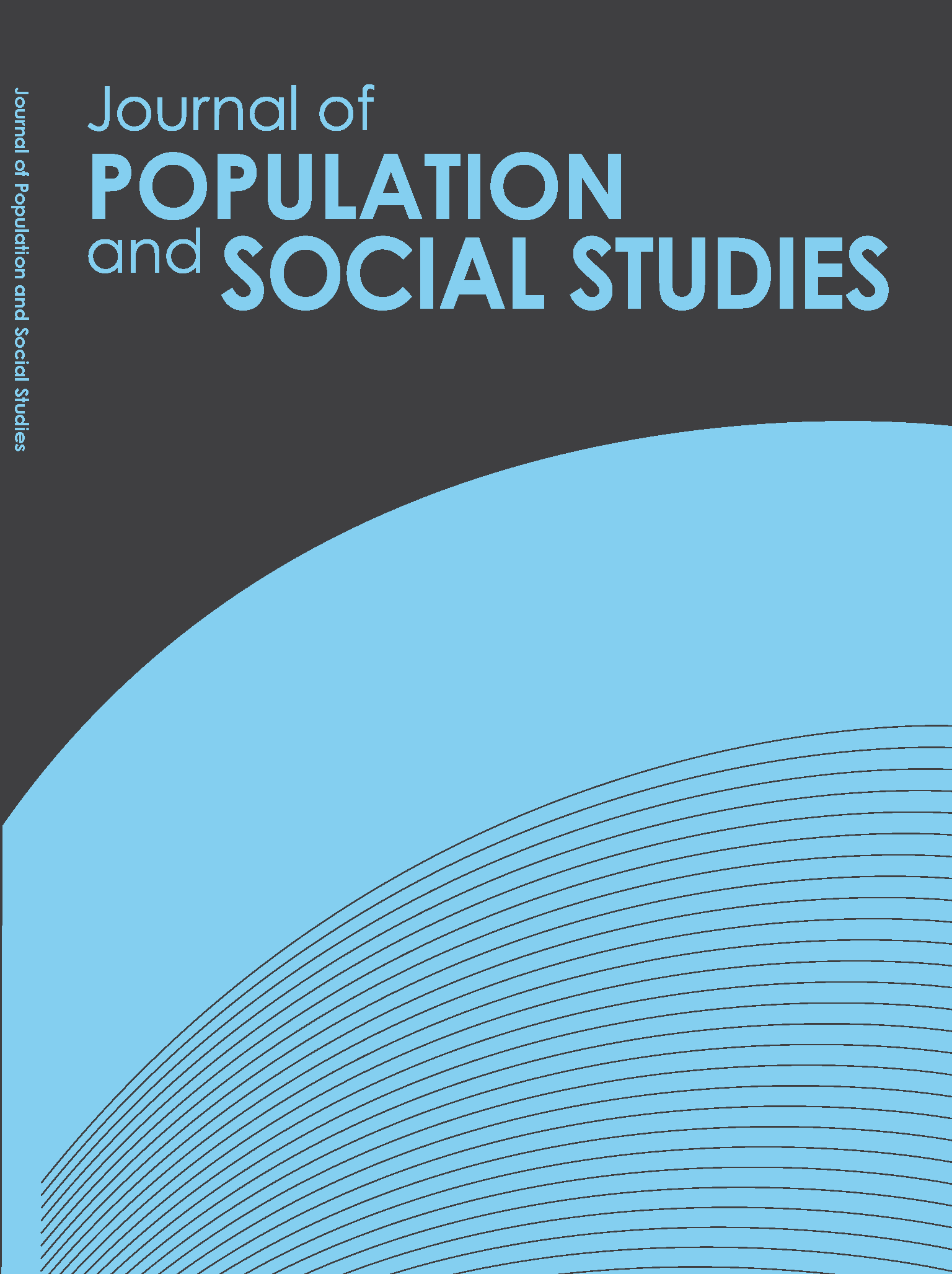Research Ethics Systems: Lessons from a Comparison between NGO Ethics Guidelines and University Ethics Procedures
Main Article Content
Abstract
Non-governmental organizations (NGOs) researching vulnerable groups have tended to receive limited ethics guidance or oversight, while academia is expected to follow stringent and sometimes seemingly restrictive and bureaucratic processes. The research ethics principles of NGOs and academia are quite similar. However, the frameworks and review processes can differ markedly, creating either strengths, weaknesses, or gaps for both sectors. This divergence is an even greater imperative for sensitive subject matters such as research involving child victims of trafficking or sexual exploitation. Building upon an extensive literature review, this paper undertakes a comparative analysis of the guidelines for ethical research developed by ECPAT International, a global network of non-governmental organizations working to combat the trafficking and sexual exploitation of children, and the Institute of Human Rights and Peace Studies, Mahidol University, Thailand. Through interviewing 14 research ethics experts and NGO researchers, the analysis identifies the added benefit of the two quite different ethics frameworks when applying them in the different institutional contexts. The paper concludes by discussing the merits of an overall more comprehensive research ethics system as an alternative, comprehensive research ethics agenda for NGOs.
Article Details
References
• Abebe, T. (2009). Multiple methods, complex dilemmas: Negotiating socio-ethical spaces in participatory research with disadvantaged children. Children’s Geographies, 7(4), 451-465. https://doi.org/10.1080/14733280903234519
• Alderson, P., & Morrow V. (2011). The ethics of research with children and young people: A practical handbook. SAGE.
• Becker-Blease, K. A., & Freyd, J. J. (2006). Research participants telling the truth about their lives: The ethics of asking and not asking about abuse. The American Psychologist, 61(3), 218-226. https://doi.org/10.1037/0003-066x.61.3.218
• Cronin-Furman, K., & Lake, M. (2018). Ethics abroad: Fieldwork in fragile and violent contexts. PS: Political Science and Politics, 51(3), 607-614. https://doi.org/10.1017/S1049096518000379
• ECPAT International. (2018). Strategic framework: June 2018 – July 2021. ECPAT International. https://www.ecpat.org/wp-content/uploads/2018/07/ECPAT-STRATEGIC-FRAMEWORK-2018-2021-ENGLISH.pdf
• ECPAT International. (2019). Ethical considerations in research on sexual exploitation involving children. ECPAT International. https://www.ecpat.org/wp-content/uploads/2019/04/ECPAT-International-Issues-Paper-Ethical-Considerations-Sexual-Exploitation-Children.pdf
• ECPAT International. (2019). Guidelines for ethical research on sexual exploitation involving children. ECPAT International. https://www.ecpat.org/wp-content/uploads/2019/11/Guidelines-for-Ethical-Research-on-Sexual-Exploitation-of-Children-ECPAT-International-2019.pdf
• Ennew, J., Abebe, T., Bangyai, R., Karapituck, P., Kjørholt, A. T., Noonsup, T., & Waterson, R. (2009). The right to be properly researched: How to do rights-based, scientific research with children. Black on White Publications, Knowing Children.
• Grodin, M. A. (1992). Historical origins of the Nuremberg code. In G. J. Annas & M. A. Grodin (Eds.), The Nazi Doctors and the Nuremberg Code: Human Rights in Human Experimentation (pp. 121–144). Oxford University Press.
• Hyder, A. A., Dawson, L., Bachani, A. M., & Lavery, J. V. (2009). Moving from research ethics review to research ethics systems in low-income and middle-income countries. Lancet, 373(9666), 862-865. https://doi.org/10.1016/S0140-6736(09)60488-8
• Institute of Human Rights and Peace Studies (IHRP). (2018). Guidelines on rights based research and research ethics. (Unpublished). Mahidol University.
• Laws, S., & Mann, G. (2004). So you want to involve children in research? Save the Children. http://images.savethechildren.it/f/download/Policies/st/strumenti.pdf
• Morris, A., Hegarty, K., & Humphreys, C. (2012). Ethical and safe: Research with children about domestic violence. Research Ethics, 8(2), 125-139. https://doi.org/10.1177/1747016112445420
• National Commission for the Protection of Human Subjects of Biomedical and Behavioral Research. (1979). The Belmont Report: Ethical principles and guidelines for the protection of human subjects of research. https://videocast.nih.gov/pdf/ohrp_belmont_report.pdf
• The Nuremberg Code (1947). (1996). British Medical Journal, 313(7070), 1445–1475. https://doi.org/10.1136/bmj.313.7070.1448
• Oates, J. (2020). Research ethics, children, and young people. In R. Iphofen (Ed.), Handbook of Research Ethics and Scientific Integrity (pp. 623-635). Springer.
• Simantiri, N. L. (2018). Empowerment of child victims and children at risk of sexual exploitation: A literature review. Down to Zero Alliance. http://www.downtozeroplatform.com/dtz/files/Empowerment_Literature%20Review.pdf
• Snežana, B. (2001). The declaration of Helsinki: The cornerstone of research ethics. Archive of Oncology, 9(3), 179-184. https://scindeks.ceon.rs/article.aspx?artid=0354-73100103179B
• United Nations. (November 1989). Convention on the Rights of the Child, United Nations Treaty Series, vol. 1577, p. 3. https://treaties.un.org/doc/Publication/MTDSG/Volume%20I/Chapter%20IV/IV-11.en.pdf
• World Health Organization. (2001). Declaration of Helsinki. Bulletin of the World Health Organization, 79(4), 373-374. https://www.who.int/bulletin/archives/79(4)373.pdf
• World Health Organization. (2007). WHO Ethical and safety recommendations for researching, documenting and monitoring sexual violence in emergencies. World Health Organization. https://www.who.int/gender/documents/OMS_Ethics&Safety10Aug07.pdf


